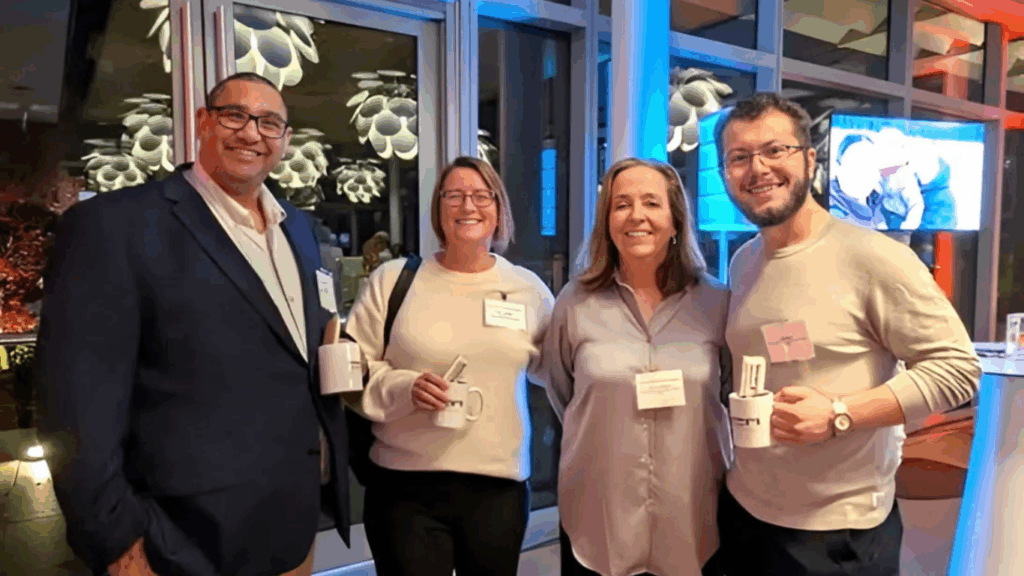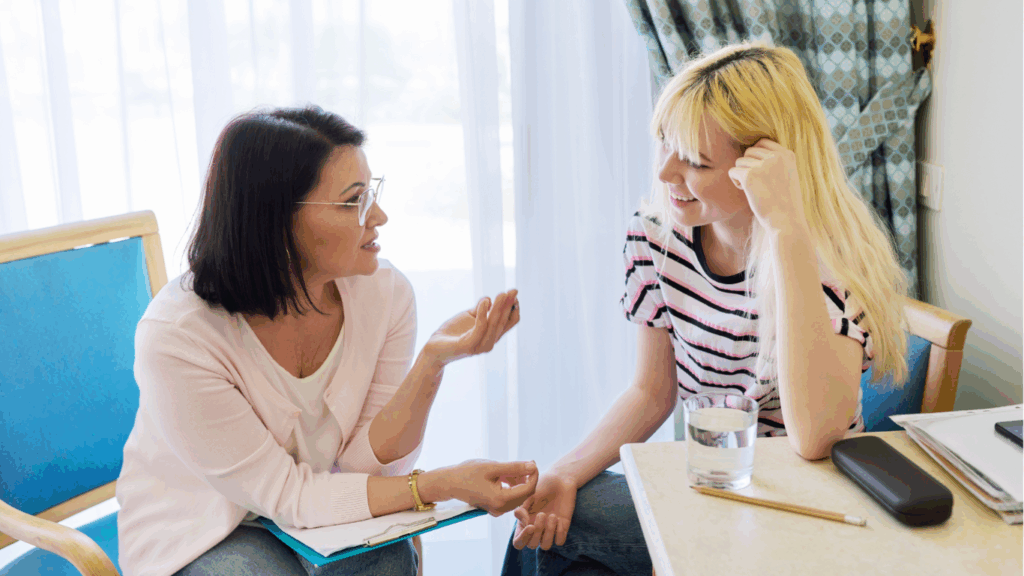When potential adoptive parents begin their journey, they’re buoyed by the enthusiasm and support of others. Once they bring their child or children home and make it through the first few months, though, that support tends to dissolve. In this article, an experienced adoptive mom explains why adoptive families need support throughout their entire journey, not just at the beginning.
Adoption Day: the beginning, not the end
The day has finally come. Friends and family gather to celebrate the day a child becomes part of a family through adoption. It has taken a village to get here. Home study writers, social workers, judges, and a host of friends and family members have all played a part in the evolution of the adoptive family. Adoption day is the final punctuation mark of a long and sometimes arduous story.
After the gavel hits the desk (or the letter arrives in the mail), a feeling of gratitude and joy overwhelms the adoptive family. They look around the room to see the village of support that has been there from day one. They know that they would not have made it to this day without their help and encouragement.
Adoption day means that they are now officially a family, untethered from agency requirements or court obligations. Legally, it’s as if they have given birth to their child. There’s great freedom in that. However, it also means that many of the people who served as their advocates and their backbone during the adoption process are no longer involved. The adoption is done, the case is closed, and they say goodbye to that chapter of their life.
Changes ahead
During those first few months or years of the adoption process, the hopeful parents enjoyed a tremendous amount of support. Enthusiastic friends and family offered to provide references, pray for them, pitch in some money, travel with them—whatever the hopeful parents needed on their journey to build their family through adoption. Once the child arrived home they offered to babysit, visit, and otherwise be engaged members of a support network the new family could rely on.
Once the adoption is complete, some families may notice how different their life feels. There are no more questions being asked, and they begin to settle into a routine of “normal” parenting.
Adoptive parenting is a different kind of normal, though. Sure, an adoptive family can call professionals and ask for advice, but there is still a bit of a void without the professionals who guided them through the process. They may also notice that the enthusiastic support network they had at the beginning of the adoption journey is starting to dissolve. It may sound odd, but the truth is that while there’s a great sense of peace once the adoption is finalized, some families also experience a feeling of isolation.
Lifelong supports for a lifelong journey
It’s so important for adoptive families to have a support network throughout their entire lifelong journey together. There are many times when adoptees and their parents might struggle—especially those children who come from “hard places” (a phrase used by adoption expert Dr. Karyn Purvis to describe children who have experienced abuse, neglect or trauma, including prenatal substance exposure). Nurture goes a long way, but if a child has experienced trauma (in the womb or outside the womb), they may still face severe behavioural and emotional challenges. Genetics also play a big role in a child’s life. In some situations, genetic issues or other special needs may not surface until the child has grown up a bit or been in their adoptive family for a while.
As a parent through adoption myself, I can say that I initially thought the biggest hurdle was just getting to the place where the adoptions were final. Several years out, I now see that raising children who have been adopted is a vastly different experience from that of my friends with biological children. There have been moments in my life when I have felt completely alone while dealing with some of the issues that our family has faced. My husband and I are good communicators and we are in constant conversation about what works, what doesn’t, and how we are going to handle our family’s struggles. Even with a great partner, I fully recognize that we need more support now than we did at the beginning of our journey.
Difficult days will happen throughout the adoptive family’s lifetime, not just at the beginning. They need people in their lives who want to understand why their child is acting a certain way, and who are willing to listen instead of jumping to judgment. They also need people who’ll come over and assist with childcare to give the parents (and the kids!) a break, or to help them manage the multitude of extra appointments and errands adoptive family life often involves.
How you can help
If you know someone who has adopted, reach out to him or her. Offer to provide childcare. Attend training where you can find out how to support your friend or family member and learn about the issues that adoptive families and adopted children face. Don’t say things like, “but you got them as babies…” when your friend is disclosing a very difficult issue that they are going through. This type of talk lends itself to judgment and exaggerates the feeling of being misunderstood. Adoptive families need support throughout their journey, not just at the beginning. Even after the adoption is final, it still takes a village to raise a child.
Caroline is a mother to three children through adoption, and a strong advocate for foster children and families. Currently, Caroline works for a Christian child welfare agency in Missouri. She shares her life experience about foster parenting, adoption, barrenness, and faith on her blog, www.barrentoblessed.com.





